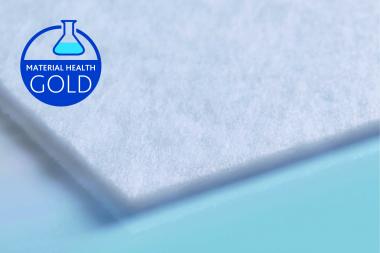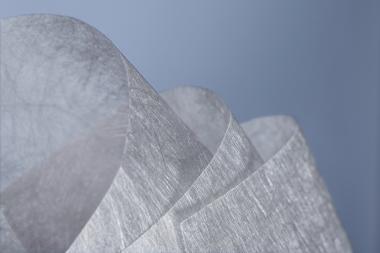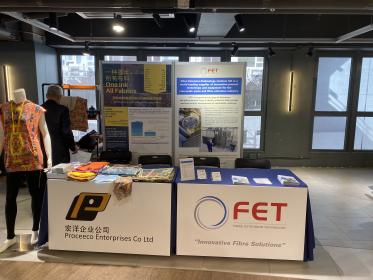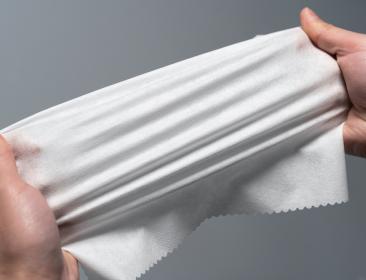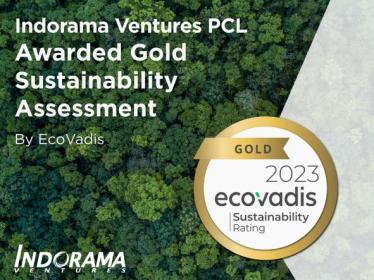CELLIANT® with REPREVE® wins third Consecutive Award
CELLIANT® with REPREVE®, introduced by Hologenix with global textile solutions provider UNIFI®, makers of REPREVE®, has been awarded a Top 5 Selection in the Accelerated Eco category of the Spring/Summer ISPO Textrends 2025 Awards.
Last fall CELLIANT with REPREVE was also awarded a Selection in the Fibers & Insulation Category of the ISPO Textrends Fall/Winter 2024/2025. In addition, in the spring the fiber was shortlisted in the Drapers Sustainable Fashion 2023 Awards in the Sustainable Textile Innovation category.
Twice a year, ISPO recognizes innovative fibers, fabrics and components that are used to manufacture sports apparel. Both companies are excited that this innovation, whereby CELLIANT infrared (IR) technology is embedded into REPREVE, a brand of recycled fiber, has achieved these honors. CELLIANT with REPREVE is a performance fiber made from recycled materials that have been enhanced with IR technology to provide wellness benefits to the consumer.
CELLIANT is a natural blend of IR-generating bioceramic minerals, which, when embedded into textiles, allows them to convert body heat into infrared energy, returning it to the body and temporarily increasing local circulation and cellular oxygenation. This aids in muscle recovery, increases endurance, and improves overall performance in healthy individuals, among other benefits.
REPREVE recycled performance fiber consists of high-quality fibers made from 100% recycled materials, including post-consumer plastic bottles and pre-consumer waste. It is also certified and traceable with UNIFI’s U TRUST® verification and FiberPrint™ technology, which provide assurance that the product comes from recycled materials. Compared to virgin fiber, REPREVE helps to offset the use of petroleum, conserving water and energy and emitting fewer greenhouse gasses.
This award marks the third year in a row that Hologenix has had its CELLIANT technology recognized in the ISPO Textrends Awards. CELLIANT in pure white was a Top Ten Winner in 2022. The prior year, CELLIANT Viscose was a Selection Winner as well.
Hologenix, LLC






